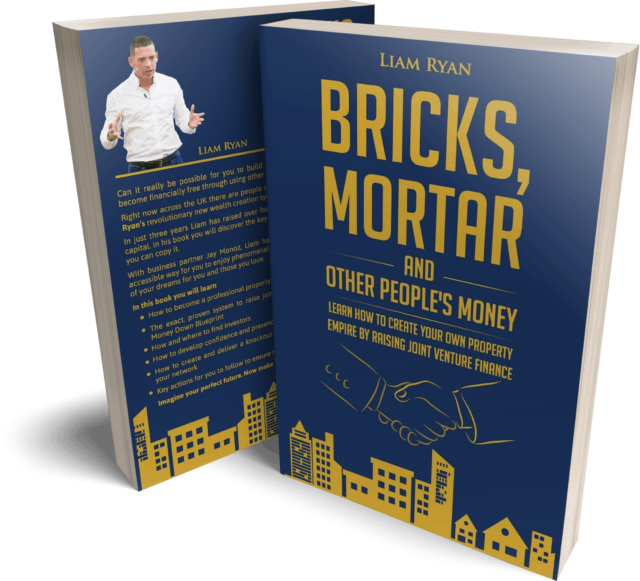Homes of Multiple Occupation, or HMOs, address the increasing need of people to find affordable, but comfortable places to live.
Now, while a HMO doesn’t have all the benefits of renting your own place, by collectively sharing the property a renter can massively reduce their own monthly bills.
Living in a HMO can also guarantee a higher level of service from a landlord, such as paying for utilities, cleaning and maybe even gardening.
But, this set up doesn’t only benefit tenants.
It can also be hugely successful for investors. Although, there are added management duties, the financial rewards are clear!
While a single let on a four bedroom property in Essex can generate around £12,000 per year.
The same property, with some reconfiguration, could easily bring in between £30,000 and £35,000 per year as a HMO!
For property investors, they are clearly a highly cash flow efficient way of using a property.
They are also in high demand, even more reason to jump on board.
As Shawbrook Bank put it, we are experiencing “a shift in how people want to live in the early stages of their professional career”.
The current and future generations of young professionals have become more focused on renting, making HMOs highly appealing.
Not only does a HMO guarantee more disposable income for them at the end of the month, they also get to enjoy a sociable living environment and a high quality property.
A recent survey by spareroom.co.uk of 10,000 tenants in shared accommodation showed that more than 70% are under 30 and half are not in relationships.
For investors, this provides an engaged and continual tenant base.
It’s not difficult for HMO landlords to attract this base.
By making use of marketing and the many available renting online platforms, they can reach out directly to future tenants.
Then by going the extra mile; good quality finishes, well dressed rooms, wireless access, they can guarantee their HMO will be full of tenants and bringing in cashflow in no time.
It’s clear that HMOs are becoming a minimal risk option for savvy investors, for a number of reasons.
1. Rooms are usually tenanted quickly due to a high demand for affordable, but high quality housing
2. A tenant moving out doesn’t spell disaster for your cashflow as you still generate income from your remaining tenants
3. As HMO units are smaller than apartments, meaning you can get more rooms and therefore generate a higher return




